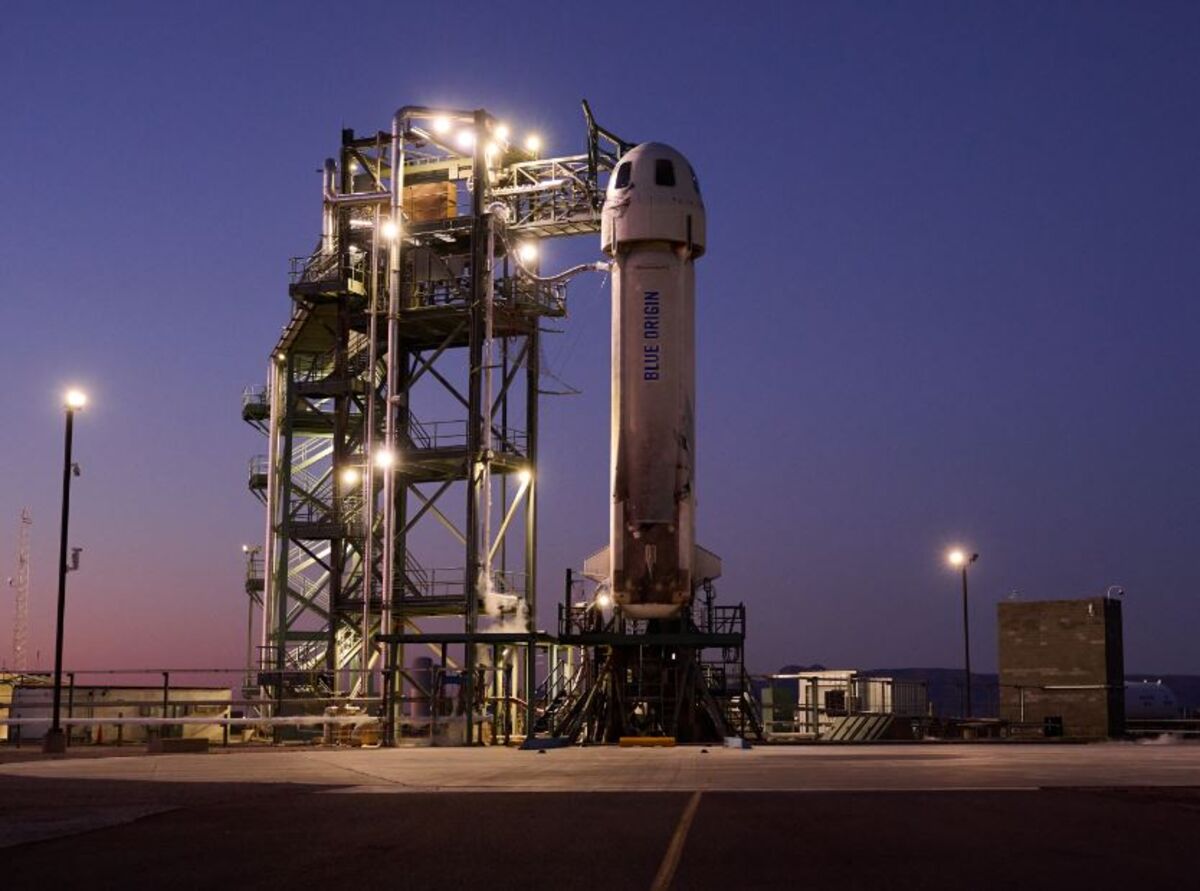Fewer Arrests, More Detentions: The Impact Of Increased Border Security

Table of Contents
The Shift from Arrests to Detentions
Increased border security is no longer solely defined by the number of arrests. Instead, there's a demonstrable trend towards prioritizing detention as the primary method of dealing with migrants. This shift has several contributing factors:
- Increased use of detention as a primary method of dealing with migrants: Detention centers are becoming central hubs in immigration enforcement, holding migrants for varying periods pending deportation proceedings or other legal processes.
- Focus on processing and deporting migrants more efficiently: The emphasis has shifted from apprehending individuals and processing them through the court system to a more streamlined process of detention and expedited deportation. This often results in longer detention periods.
- Reduced emphasis on arrests as a deterrent: While arrests remain a part of border security, the strategy has moved away from using them solely as a deterrent. The focus is now more on apprehension and immediate detention.
- The role of technology in tracking and managing detained migrants: Biometric data, digital tracking systems, and improved communication networks are playing a significant role in managing the increased number of detained migrants, enhancing efficiency, but also raising privacy concerns. These technologies impact everything from initial processing to managing the flow of individuals within the detention system.
The Impact on Migrant Welfare
The increased reliance on detention raises significant concerns regarding migrant welfare and human rights. The consequences are multifaceted:
- Concerns about the conditions in detention centers: Overcrowding, inadequate sanitation, limited access to healthcare, and a lack of appropriate legal counsel are common issues reported in many detention centers. These conditions negatively impact physical and mental health.
- The psychological impact of prolonged detention: Prolonged detention can have severe and lasting psychological effects on migrants and their families, including anxiety, depression, and trauma. Separation from loved ones exacerbates these issues.
- Increased vulnerability to exploitation and abuse within detention facilities: The confined and often vulnerable environment of detention centers can make migrants susceptible to exploitation and abuse, highlighting the need for strong oversight and protection mechanisms.
- Limited access to legal counsel and due process: Many detained migrants lack adequate access to legal representation, hindering their ability to navigate the complex legal processes and advocate for their rights. This lack of due process further compromises their well-being.
The Effectiveness of Increased Border Security
The effectiveness of increased border security, particularly the shift towards more detentions, is a subject of ongoing debate:
- Debate on whether increased detention leads to a decrease in illegal border crossings: While proponents argue that increased detention acts as a deterrent, critics point to the persistence of illegal crossings, suggesting that the strategy may not be as effective as claimed. Empirical data on this point is often contested.
- The potential for increased human smuggling and trafficking due to stricter border controls: Paradoxically, stricter border controls can lead to an increase in human smuggling and trafficking activities as migrants seek alternative, and often more dangerous, routes to cross the border.
- Analysis of the cost-effectiveness of increased detention compared to other border security strategies: The economic cost of maintaining a large-scale detention system is substantial. This raises questions about whether this approach is more cost-effective than alternative strategies, such as improved border management or addressing the root causes of migration.
- The impact of increased border security on legal immigration processes: The increased focus on border security can inadvertently impact legal immigration processes, leading to delays and creating obstacles for those seeking to enter the country legally.
The Role of Technology in Border Security
Technology plays an increasingly significant role in shaping modern border security strategies, influencing both arrests and detentions:
- Use of advanced technologies for surveillance and detection at the border: Surveillance technologies, including drones, sensors, and AI-powered systems, are deployed to enhance border surveillance and detection capabilities.
- Ethical implications of using biometric data and facial recognition technology: The use of biometric data and facial recognition raises ethical concerns about privacy, potential bias, and the accuracy of these technologies.
- The potential for bias and inaccuracies in technological border security systems: Algorithmic bias in technological systems can lead to discriminatory outcomes, disproportionately affecting certain groups of migrants. The potential for errors and inaccuracies in these systems also needs to be carefully considered.
- The role of technology in increasing efficiency of detention processes: Technology streamlines many aspects of detention, from registration and tracking to communication with legal counsel and family members. However, this increased efficiency must not come at the expense of human rights.
Conclusion
The decrease in arrests and increase in detentions reflects a significant change in border security strategies. While the intent may be to improve efficiency and deter illegal immigration, the impact on migrant welfare and the effectiveness of this approach remain subjects of ongoing debate. The ethical considerations and long-term consequences associated with increased detention need careful examination. The role of technology, while offering efficiency improvements, also demands careful scrutiny to ensure it doesn't exacerbate existing inequalities or compromise human rights.
Understanding the complexities of "fewer arrests, more detentions" is crucial for informed discussion about border security. We need continued research and transparent policy debates to ensure that border control strategies are both effective and uphold human rights. Let's work together to find sustainable solutions for effective and humane border security.

Featured Posts
-
 Vehicle Subsystem Issue Delays Blue Origin Rocket Launch
May 11, 2025
Vehicle Subsystem Issue Delays Blue Origin Rocket Launch
May 11, 2025 -
 Prints Endryu 65 Rokiv Fotografiyi Z Ditinstva
May 11, 2025
Prints Endryu 65 Rokiv Fotografiyi Z Ditinstva
May 11, 2025 -
 Usmnt Match Recap Dests Impact Pulisics Winning Goals
May 11, 2025
Usmnt Match Recap Dests Impact Pulisics Winning Goals
May 11, 2025 -
 Dance Track Ill House U Featuring Andrea Love Neal Mc Clellands Latest Release
May 11, 2025
Dance Track Ill House U Featuring Andrea Love Neal Mc Clellands Latest Release
May 11, 2025 -
 Colton Hertas Pace And Performance A Barber Motorsports Park Focus
May 11, 2025
Colton Hertas Pace And Performance A Barber Motorsports Park Focus
May 11, 2025
